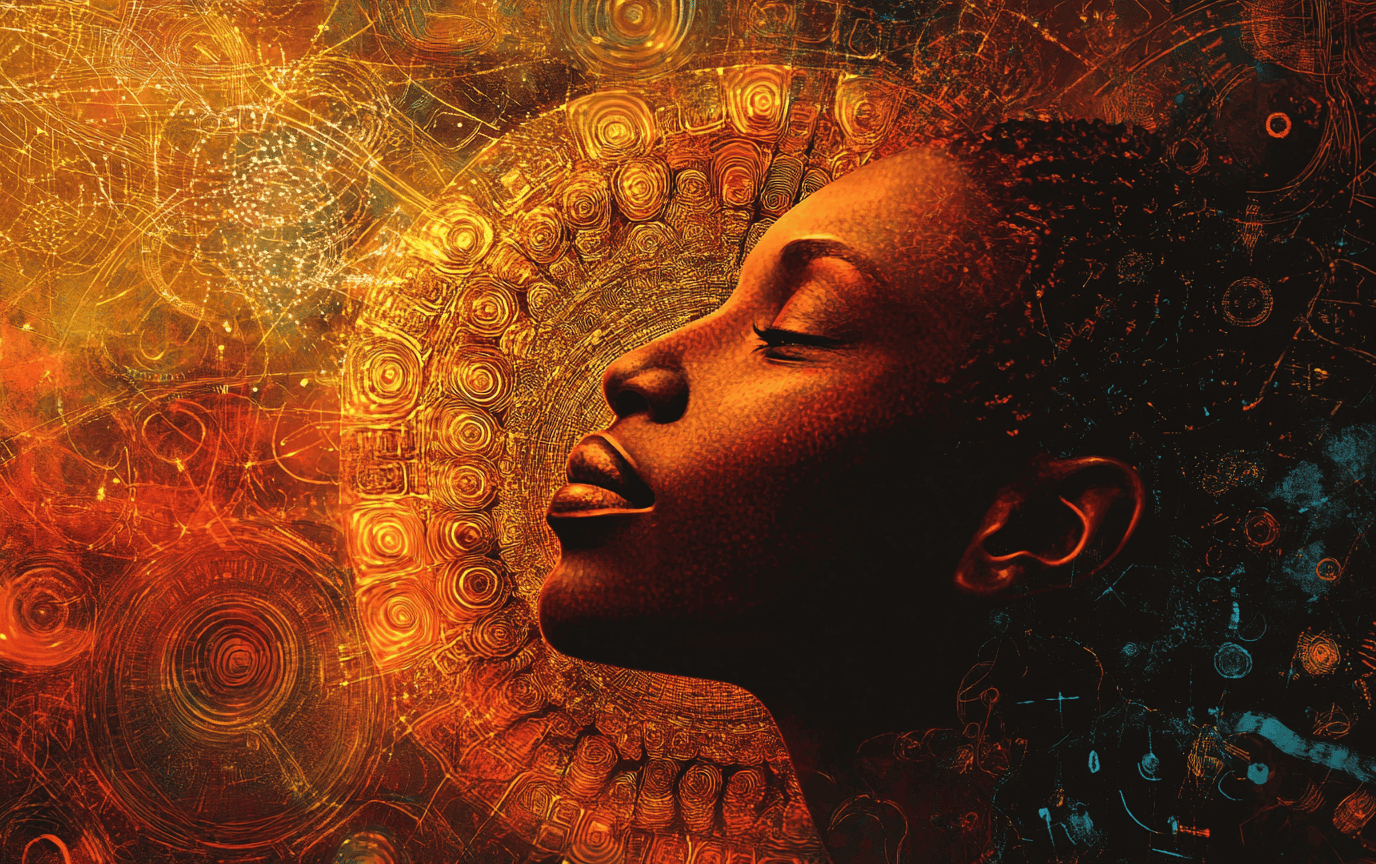Understanding the Concept of Ubuntu in African Philosophy
Ubuntu—it’s more than just a word; it’s a lifeline that stretches and weaves through the fabric of humanity. As we stroll through the streets of Southern Africa, you can almost feel the whisper of the ancients, reverberating in the heartbeats of community gatherings. “Umuntu ngumuntu ngabantu”—this South African Zulu phrase translates to “a person is a person through other people,” a profound declaration that signals the power of interconnectedness and community spirit. Here, we dive deep into the roots, principles, and applications of Ubuntu, shedding light on the ethical living it advocates.
History and Evolution of Ubuntu
In the quiet, sun-drenched corners of African history, Ubuntu quietly flourished. It took root in traditional societies where community was the cornerstone, shaping a shared consciousness. The people lived intertwined lives, sharing everything from harvests to heartbreaks. This idea of collective existence took center stage during tumultuous eras, particularly against the backdrop of colonialism.
Imagine the heat rising from the red earth as leaders like Nelson Mandela and Desmond Tutu illuminated the path to liberation, drawing deeply from the well of Ubuntu. The struggle against apartheid wasn’t just about politics; it was a reawakening of humanity itself, wielded by the very principles of Ubuntu that emphasized human interconnectedness.
In the midst of adversity, Ubuntu became a clarion call. It wasn’t merely survival; it was a bold declaration of joy, love, and understanding.
Key Principles of Ubuntu
Interconnectedness
Interconnectedness lies at the heart of Ubuntu. Think of it as a web, where each thread supports another. Every decision you make ripples through the lives of others. A local farmer tends their crops, but it’s not just for themselves; it’s for their family, their community. Well-being is communal.
Empathy and Compassion
Ubuntu stretches its arms wide, inviting empathy and compassion. It encourages you to step into another’s shoes, to feel their struggles and joys. “How can I help you?” becomes a mantra, transforming the ethos of existence from self-centered to others-oriented.
Coexistence and Peace
Harmony reigns in the world of Ubuntu. It’s about coexistence—transcending barriers whether they be societal, racial, or cultural. Picture a village where the beating of drums is not just a sound, but a unifying rhythm that calls everyone to dance together in peace.
Shared Resources
When we talk about resources, Ubuntu challenges the individualistic notions common in capitalism. Instead, it beckons for communal ownership—a tree under which all can gather, sharing its fruit. It fosters collaboration over competition.
Applications of Ubuntu
Social Justice and Reconciliation
In the wake of apartheid’s shadows, Ubuntu shone brightest through social justice initiatives. The Truth and Reconciliation Commission, a bold experiment in humanity, emphasized forgiveness over retribution, understanding over vengeance. It was a lesson that true progress is paved with compassion.
Community Development
In the realm of community development, Ubuntu breathes life into health programs and educational initiatives. Consider a local health campaign where decisions are made collectively, ensuring that every voice matters. The vibrancy of Ubuntu inspires progress, encouraging collaboration and unity for common goals.
Global Peace Initiatives
Leaders like Tutu and Mandela have pushed the principles of Ubuntu into the global arena, advocating for peace talks that revolve around compassion and empathy. Surprisingly, what emerged was not only a framework for local healing but also a global potential for understanding—reminding us that our fates are intertwined.
Critiques and Challenges
While celebrated, Ubuntu does not escape criticism. Some allege that its ideals can be too ambiguous and impractical in our fast-paced, individualistic societies. How do we balance the collective good with personal freedom? These questions stir debate. Yet, Ubuntu challenges us to rethink individualism. It urges us to acknowledge that in the dance of life, we are not alone.
Conclusion
Ubuntu isn’t merely a philosophy to study; it’s a call to action, a way of life that pulses with meaning. It beckons us to recognize our shared humanity—a dance of interconnectedness, empathy, and cooperation. As we traverse through life’s complexities, Ubuntu teaches that we are each other’s keepers, tightly woven into a bigger narrative.
Navigating our individual paths, we mustn’t forget the people intertwined with our stories. At its core, Ubuntu fosters a community spirit that resonates in every heartbeat.
In embracing Ubuntu, we unveil a blueprint for a more compassionate world and inspire future generations to cherish their profound interconnectedness.
Explore More
Interested in more insightful reads? Check out our Travel Tips section for the latest advice. For lifestyle inspiration, explore our Lifestyle category, and dive into amazing destinations at Destinations. Don’t forget to connect with us on YouTube, or follow our adventures on Instagram and Pinterest.

















